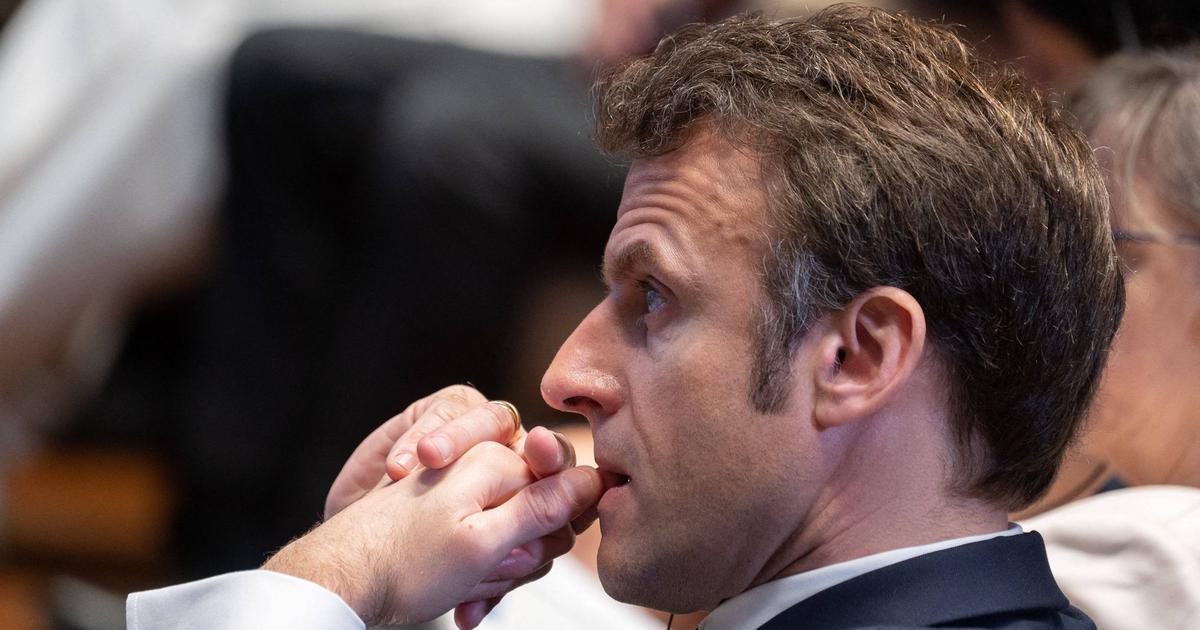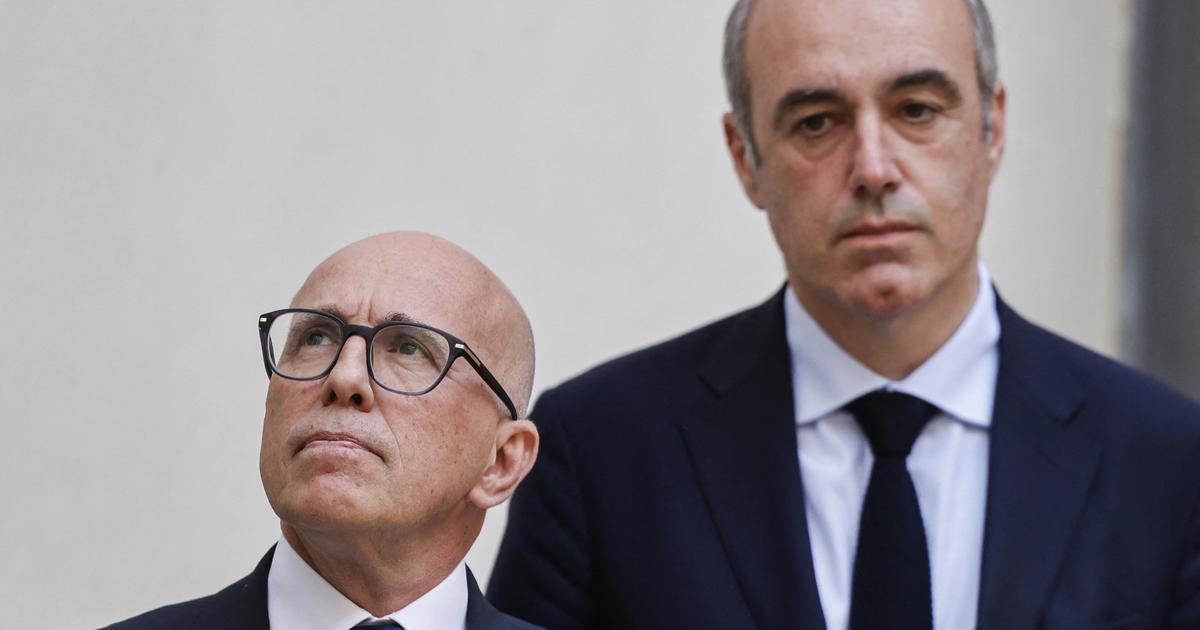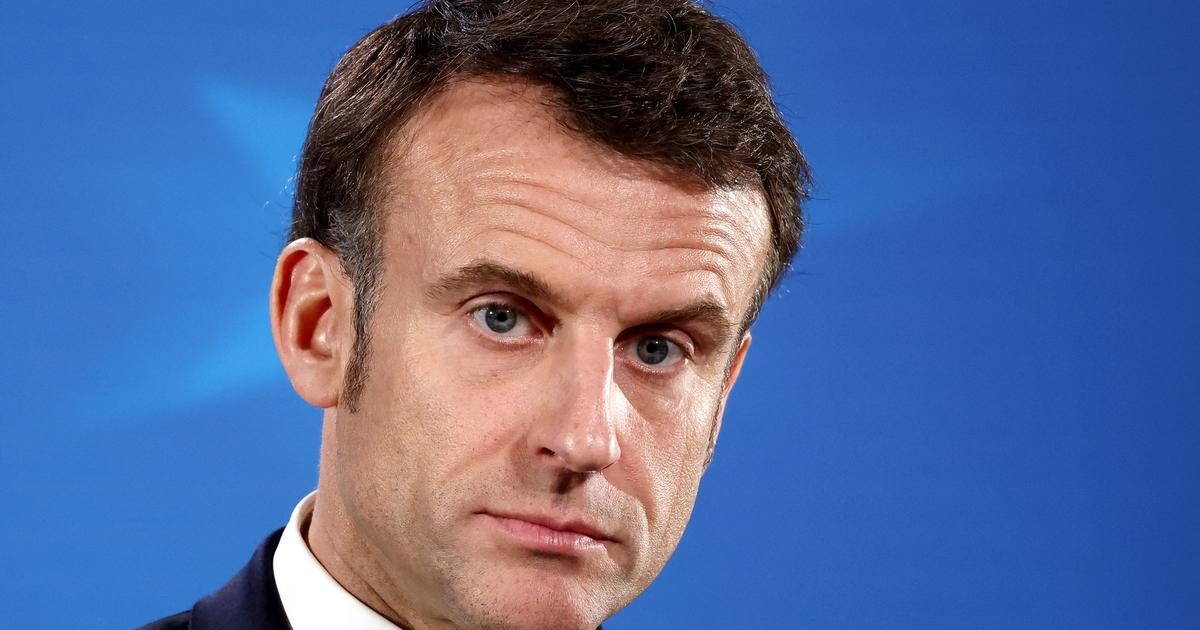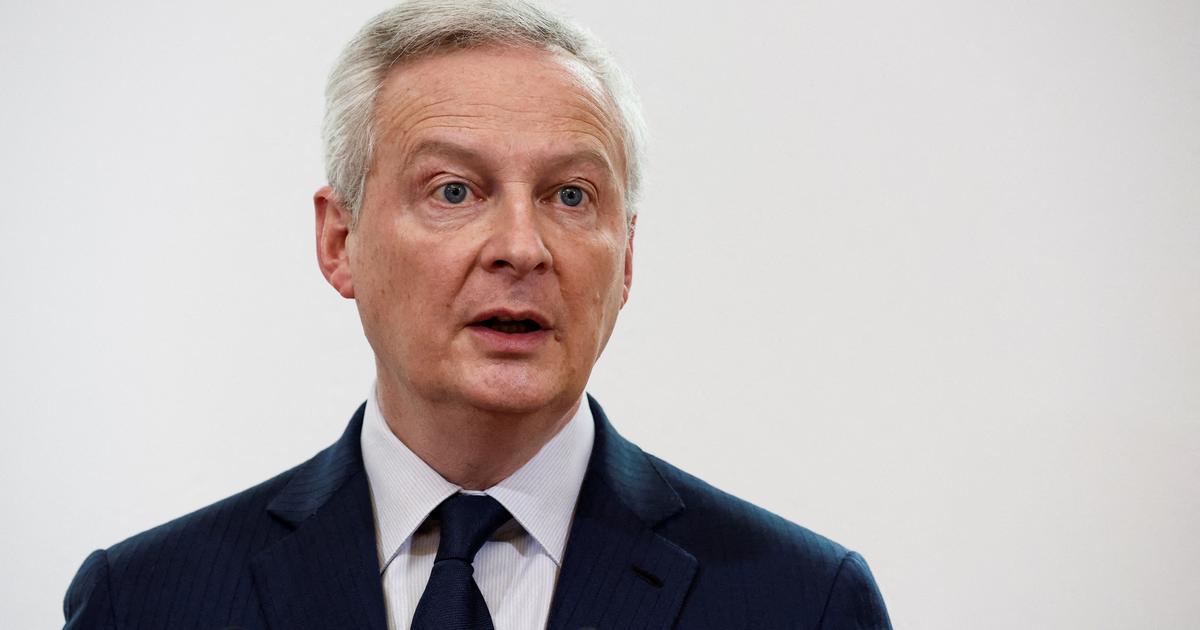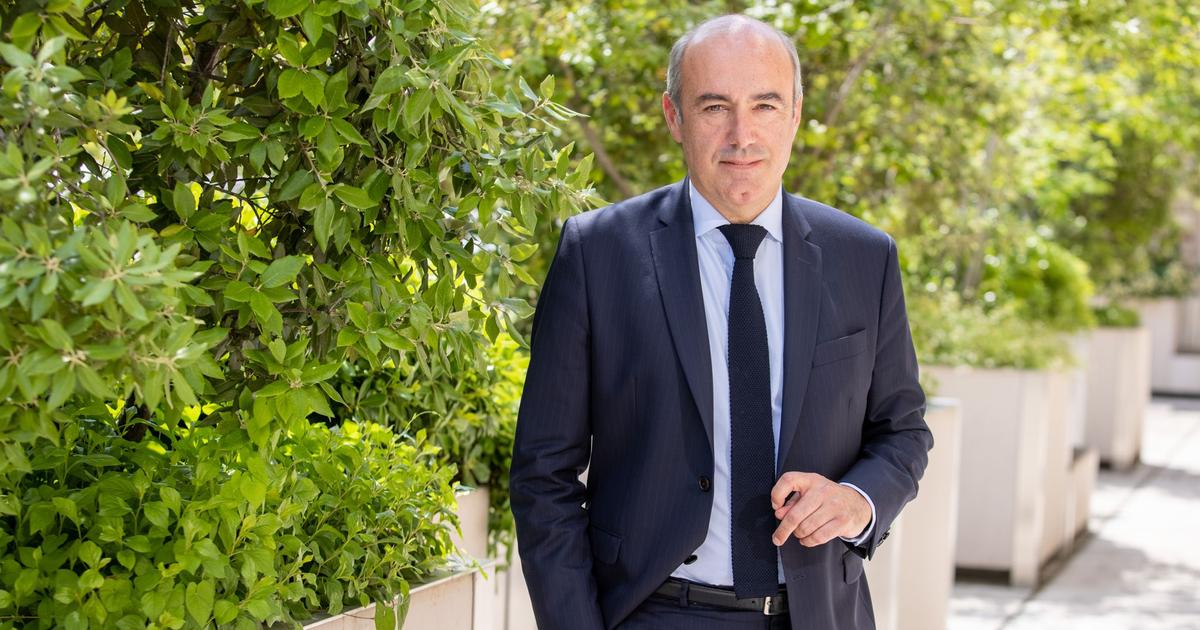Bercy breathes: the highly symbolic ceiling of 3000 billion in public debt has not been crossed.
At the end of 2022, it reached 2,950 billion euros, or 111.6% of French gross domestic product (GDP), while the deficit, of 4.7%, also appears a little lower than anticipated.
The time seems long gone, when the 100% threshold crystallized all the fears of senior civil servants.
It was in the spring of 2017, when Emmanuel Macron moved to the Élysée.
Like his predecessors, as soon as he conquered power, the young president forgot his promises of moderation to pour tens of billions of euros on all the torments of the country.
History will probably blame him more: under his five-year term, repeated social crises have underlined the futility of this checkbook policy, and the shift in the financial environment, its toxicity.
Soaring interest rates, in the wake of inflation, now places France facing a budgetary wall.
This pressure explains...
This article is for subscribers only.
You still have 90% to discover.
Want to read more?
Unlock all items immediately.
Without engagement.
TEST FOR €0.99
Already subscribed?
Login

